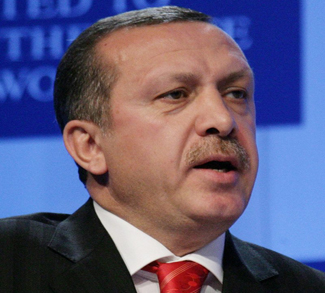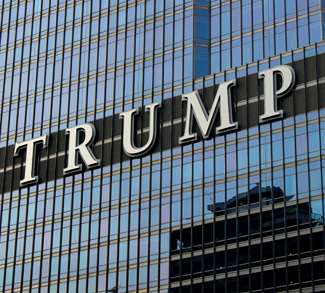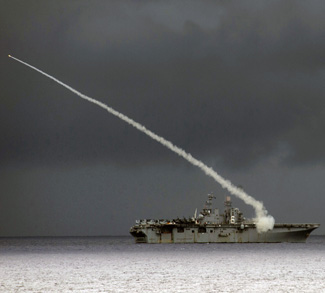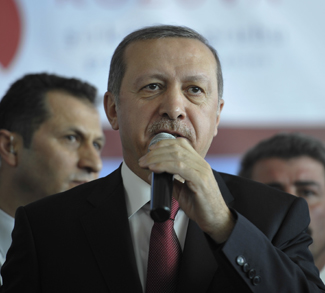“Target the crusaders,” wreak havoc and fight to the death the war against: Americans, “Sunni apostate countries” including Turkey and Saudi Arabia. Thus, did Abu Bakr al-Baghdadi, leader of the Islamic State address followers to coordinate the next wave of attacks in the name of the Caliphate. The call dates from just a few weeks ago, and it seems to have materialized. In the span of less than 24 hours, ISIS struck again. It raided a group of tourists and police in the crusader fortress town of Karak in Jordan. Then a truck charged against a Christmas market in Berlin, killing 12 people. A few hours earlier, a gunman shot and killed the Russian ambassador in Ankara, pointing the finger towards the sky in the fashion of ISIS and the al-Nusra fighters in Aleppo.
In 2016 alone, suicide bombers have blown themselves up on the battlefields of Raqqa, Mosul, and Sirte in the name of a radical interpretation of the Qur’an. Many others, often very young, sometimes holding only a knife, in Europe have attacked innocent victims in churches, on trains, at the exit of concerts and Christmas markets. Some of those attacks have been responses – vengeance – for defeats suffered on the ground in Iraq, Syria, or Libya. Abu al Hassan al Muhajir, the last spokesman of the Caliphate, on 5 December urged followers to target Westerners “in their markets, in their gatherings, in their streets, where they least expect it.”
It is no coincidence that the attacks have focused on Germany. The German government might not be bombing Islamic State positons in Iraq and Syria. But it has offered valuable logistics support. It has also opened its doors to a half million refugees in 2015 alone. That makes it a vulnerable target. As generous as Germany has been, absorbing large numbers of refugees creates difficulties. The German population cannot be expected to react with unison support. That leaves them open to discrimination. It also allowed for a handful of would-be terrorists– one or two are all that’s needed to launch deadly actions – to infiltrate a key Western nation with open borders to others.
Of the three attacks that have occurred in the past week, the one with the most complex geostrategic implications is the murder of Russian Ambassador Andrei Karlov…
What are relations between Russia and Turkey going to look like after the murder of the Russian ambassador in Ankara? There are two ways it could have gone. The killing of the diplomat could either increase tensions between Moscow and Ankara, and jeopardize any agreement on Aleppo – and Syria. Or, it could consolidate the Russo-Turkish alliance, effectively ejecting the United States and NATO from having any say in Syria’s future. It could be a ‘Sykes-Picot’ in reverse, avenging the Anglo-French entente on the breakup of the Ottoman Empire after WW1.




